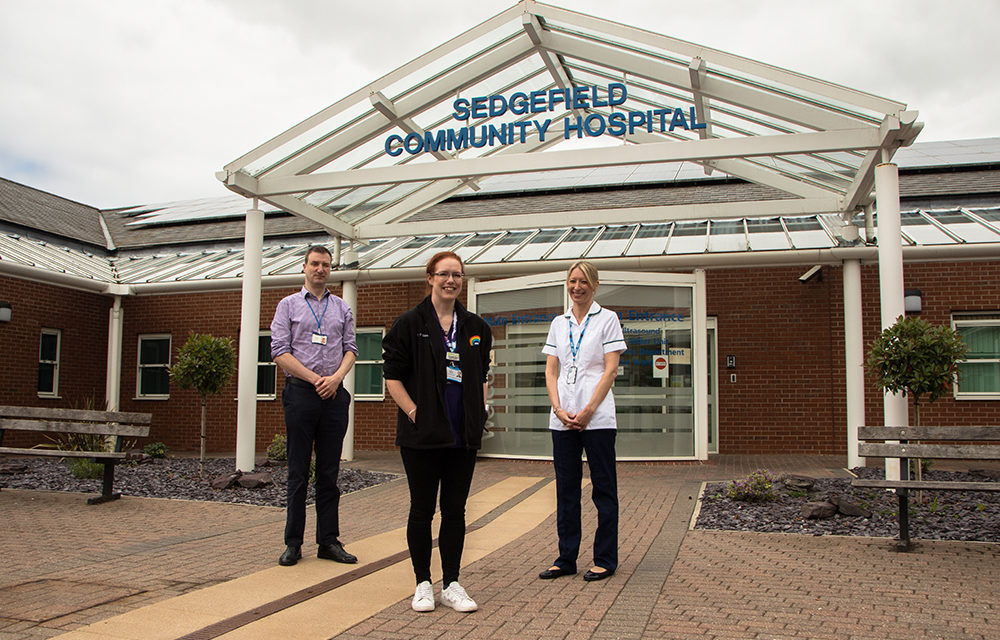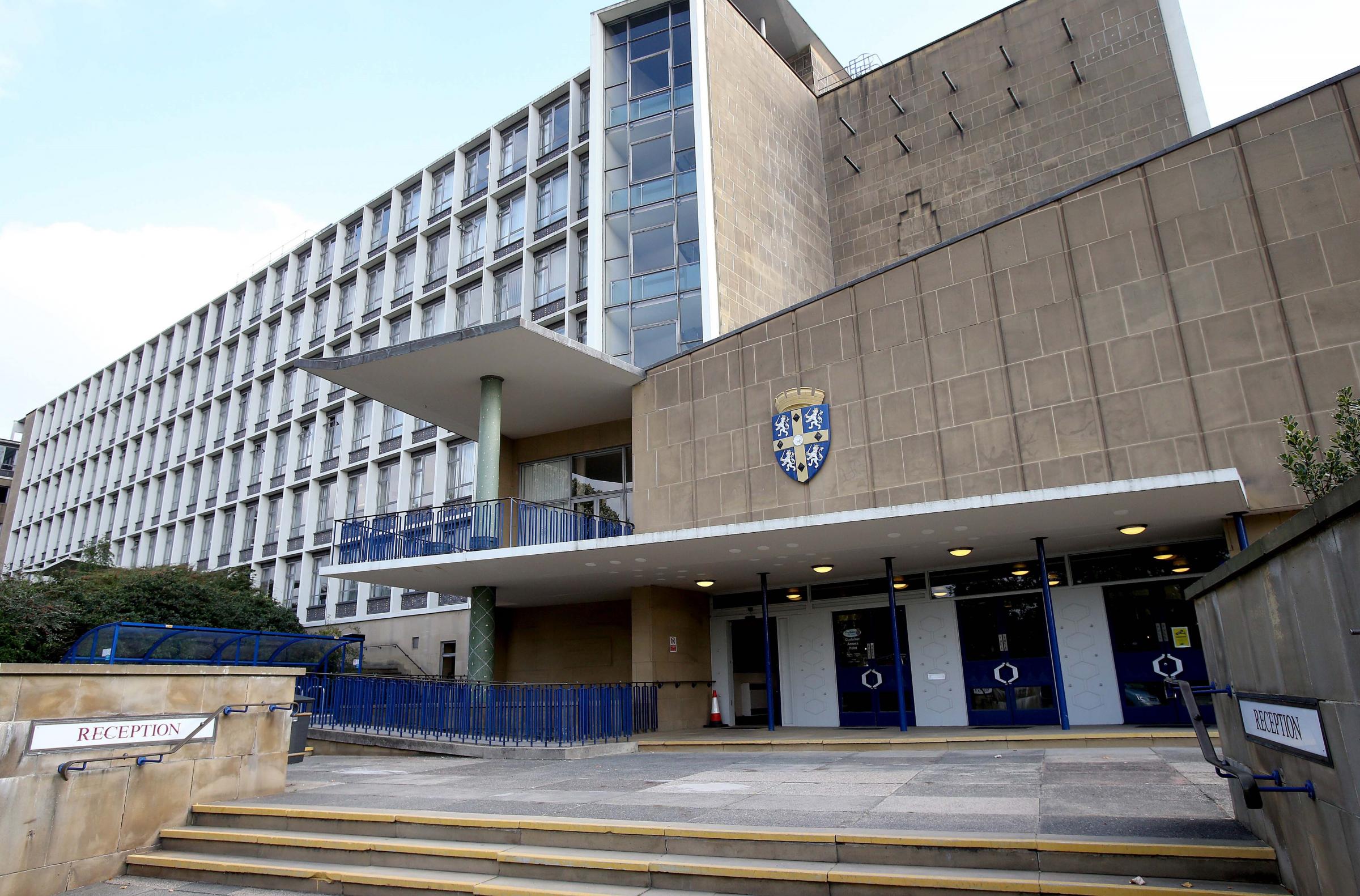An innovative service established to support people experiencing long term effects of COVID-19 has seen 575 patient referrals since being launched at the end of January.
Members of the County Durham Care Partnership and other healthcare providers came together to develop a new model of care for people living with the debilitating long-term effects of COVID-19.
The Office of National Statistics reported in April 2021 that, nationally 1.1million people are experiencing symptoms of what has been named as ‘Long COVID’ or ‘post-COVID syndrome’ – this number continues to rise. Long Covid is where people continue to experience symptoms of COVID-19 lasting more than four weeks after the first suspected coronavirus episode, which can’t be explained by something else.
This is a new and emerging condition which can have a significant effect on people’s quality of life, both physically and mentally. It also presents many challenges when trying to determine the best-practice standards of care based on the current evidence. There is no clinical definition or clear treatment pathway.
The development of this work was inspired by the experience of a person suffering with long-Covid, who had multiple persistent symptoms following a COVID-19 infection. County Durham and Darlington NHS Foundation Trust began work on a new system of care for the condition, realising that Long COVID presented increased need for collaborative working across specialties and across the wider healthcare system.
After moving quickly to successfully establish Long COVID clinics early this year, the partnership of health professionals has gone a step beyond the national requirement to set up post-COVID syndrome assessment clinics to develop a fully integrated treatment service. The aim of this is to be person-centred – putting the patient at the heart of the service – with access to a range of specialists and therapies giving each patient the care they need depending on their individual symptoms.
Dr Jen Steel, GP and medical director for community services for County Durham and Darlington NHS Foundation Trust said: “We know that a growing number of patients who have suffered from COVID-19 are still struggling with symptoms ranging from breathlessness, chronic fatigue, neurological symptoms, anxiety and stress, some of whom are unable to return to work even after several months. Thankfully, most people will make a full recovery without medical intervention, but this may take weeks or even months. However, for some the symptoms continue and can have an impact on their quality of life.
“As it is such a new condition, we are providing care at the same time as conducting research both locally and nationally which will help develop NHS services in the longer term.”
Michael Laing, Director of Integrated Community Services for the County Durham Care Partnership said: “It was really important that we used our collaborative strengths to work across the system with partners from primary, secondary and mental health because we knew that the symptoms that patients were suffering with were really quite broad with a real difference in perception of how those suffering were managing symptoms themselves.
“It’s another example of The County Durham Care Partnership being ahead of the curve as we’ve realised assessing Long COVID sufferers in a clinic was just the beginning of a new journey in care. It was vital that we took the next step to be able to offer patients effective, long term treatment to manage this new and fast-growing condition.
The service includes GPs, Mental Health colleagues including psychiatry and psychology, Respiratory and ITU consultants, therapies and wellbeing for life facilitators to be draw on when needed.
Dr Caroline Gibson, long COVID service GP said: “This is a fantastic resource ensuring individual wellbeing is at the centre of every contact made. Long COVID is an incredibly complex, multi-system, intertwined condition and we need to give a holistic, individualised response for each patient. As a result of this service, patients have a smoother and quicker journey to treatment. Added to this, the collaborative working from team members, from many specialities, leads to an integrated programme of care. We all work collaboratively towards that personalised plan for each individual.”
A real benefit of the multi-disciplinary clinic model is that the service is a ‘one stop shop’ for all their Long COVID support, rather than separate referrals for each symptom. Once linked into the clinic, patients can continue to access the range of support at the clinic without having to go back to their GP for a further referral
To date referrals are generally from younger people than you might expect, with a higher level of general fitness – those that wouldn’t normally come to see a doctor or wouldn’t usually be troubled with other ongoing conditions or with multiple chronic conditions. The majority have not had a hospital admission, and some suffered from COVID-19 as long a year ago, are still struggling and still off work. The service has also seen a ‘boom-bust’ recovery pattern where a patient thinks they’re recovered, goes back to work and then has to go off again as symptoms return.
The service is available to anyone suffering symptoms that are likely to be due to COVID-19, regardless of location within County Durham or Darlington or whether they have spent time in hospital, or even had a positive test. Currently there is no self-referral to the service. It is important that any person struggling with symptoms is initially seen and assessed by their GP.
It is still early days for the new model of care as evidence and research continues to emerge and NHS services work to respond and adapt to the latest information and from the patients attending clinics. Feedback received to date is very positive and the partnership continue to review and develop the service.











